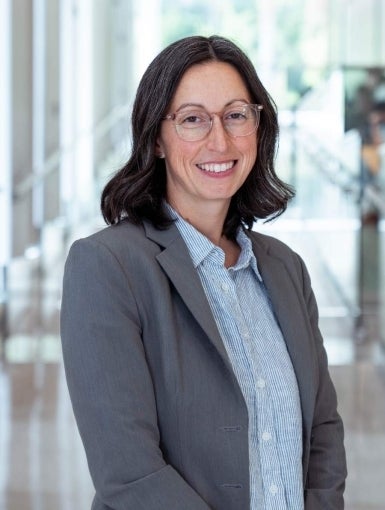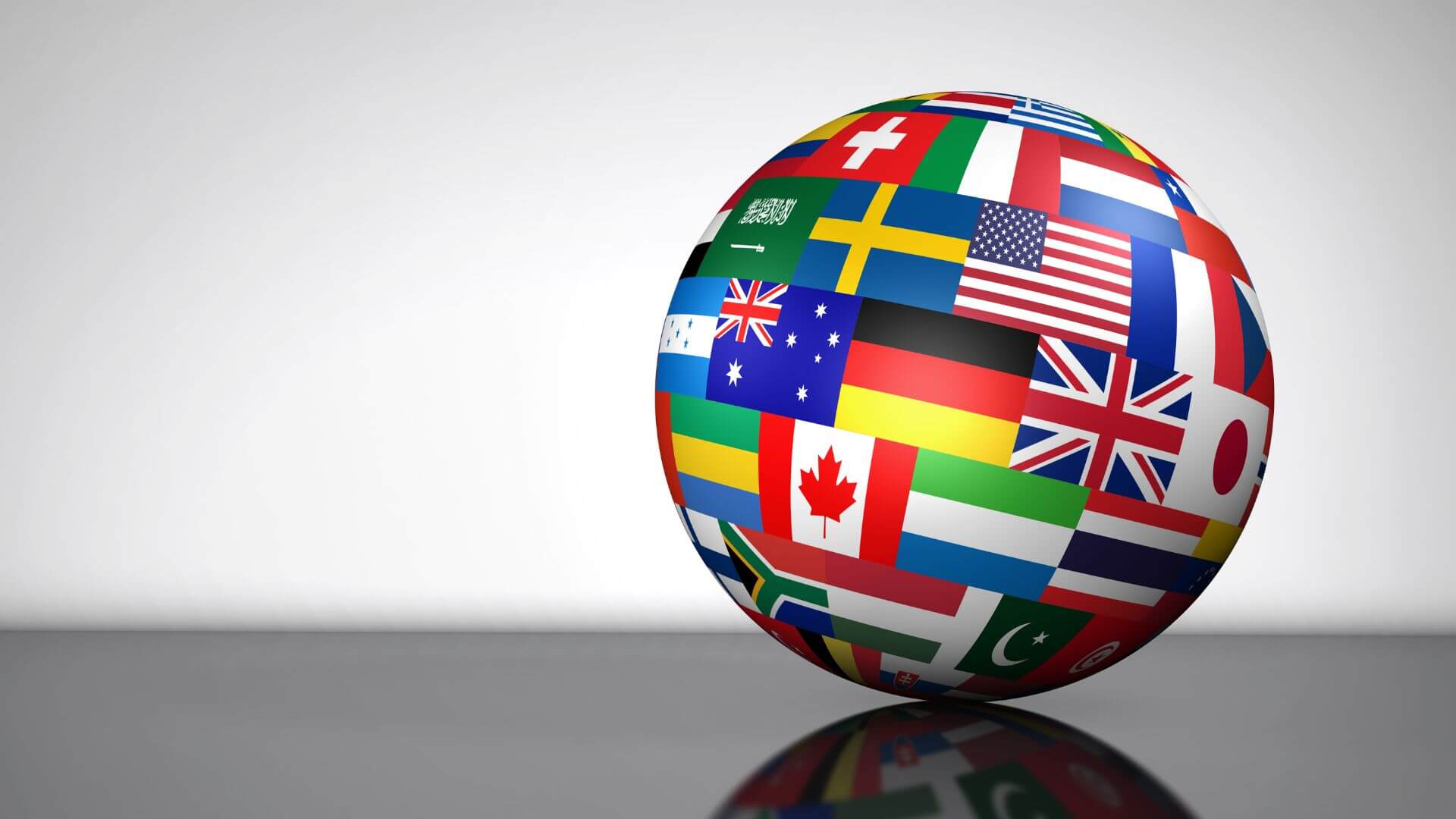
The University of Maryland introduced a new Bachelor of Arts in Global and Foreign Policy, the first interdisciplinary degree of its kind on campus, designed to prepare students for careers tackling urgent international challenges. We spoke with Associate Professor Catherine Worsnop, the program’s faculty director, about the vision for the major, what makes it distinctive and how it will equip students to address the complex challenges of today’s world.
What inspired the creation of the Global and Foreign Policy (GFPL) major?
Many of today’s most pressing challenges are global issues—whether it is ongoing conflict and war; human security challenges like migration, environmental problems and climate change, pandemics and other natural disasters, and human rights; cyber and nuclear security risks; or civil-military relations and challenges facing democracy around the world. We need students who are passionate about solving global problems and who are well-trained to do so. To that end, the GFPL major is UMD’s first interdisciplinary major expressly focused on global and foreign policy issues.
How does anchoring this major in the School of Public Policy—and partnering with the School of Languages, Literatures, and Cultures, the Department of History and the Department of Agricultural and Resource Economics—create something different from other programs?
The grand challenges of the twenty-first century are global in scope, trans-disciplinary in nature and local in impact. Understanding and finding the opportunities to act on these issues requires applying insights from across research communities and fields, as well as a grounding in values, ethics and justice. Action on refugee crises, for instance, requires (1) understanding the origins and histories of migration patterns; (2) the varying government responses to refugees; (3) the institutional, cultural and financial realities that shape coordinated action in an interconnected global system that is made up of countries, international organizations, non-state and transnational actors and individuals; (4) and available policy frameworks and approaches. To be an effective global policy professional, students need an interdisciplinary perspective. We are lucky that this range of expertise is at our fingertips at UMD, and students will benefit from that in this major.
What kind of student do you think will thrive in this major?
Students who are passionate about understanding and making a difference in the world will thrive in this major. We want students of all backgrounds and interests to find a home here. The curriculum brings together foundational concepts and skills from public policy, history, cultural studies, language training and applied economics with deeper substantive courses in an area of interest and experiential learning opportunities in which students can directly apply their classroom knowledge. A degree in Global and Foreign Policy can also complement students’ studies in other schools and colleges at UMD since policy shapes the structure and context of our world. Double majoring is encouraged! Our undergraduate studies and advising team is excited to work with students to help them navigate the GFPL major.
The program emphasizes experiential learning. What makes those opportunities—like internships, study abroad or the senior capstone—so important in this field?
Students will have the opportunity to accelerate their professional development and global and foreign policy awareness through a curriculum that fosters experiential learning in the form of internships, collaborative project-based work for real clients and organizations and/or studying abroad. UMD’s proximity to Washington, DC and Annapolis makes it possible for students to benefit from these opportunities throughout their studies. The chance to study abroad builds real-world experience outside of the United States where students gain first-hand knowledge of how things are done in another part of the world. Working at an international organization, headquarters of global industry, or the U.S. Capitol or the State House in Annapolis not only is critical for students to “ground-truth” their classroom learning but also enables the building of important professional networks. With access to SPP’s in-house advising and career services, students have the support they need to pursue both their academic and professional goals.
What kinds of careers can graduates pursue with a degree in Global and Foreign Policy?
One of the strengths of the GFPL major is that it prepares students for a wide range of career options such as government, the private sector, nonprofits, non-governmental organizations, international institutions, think tanks and beyond. SPP already has a track record of placing students in these careers. While federal hiring has contracted recently, fluency with global and foreign policy issues remains important across sectors. Globally competitive industries need people with knowledge of foreign policy dynamics; other non-state actors and civil society organizations may be global in scope themselves or would benefit from employees with knowledge of and experience in how other communities around the world deal with issues like poverty, economic development, housing and healthcare, etc. State governments increasingly interact with international and transnational actors and find themselves affected by global developments. Indeed, Maryland Governor Wes Moore has called for Maryland to train a globally competitive workforce that can attract globally competitive industries and firms.
Why do you think it’s so important to study global and foreign policy now, at this moment in history?
This current moment in global and foreign policy, like many that have come before, brings with it potential change and uncertainty, but also opportunities. We see shifting alliances between countries, growing strain on free trade relationships globally, the persistence of war and conflict around the world, new technologies being deployed in war and peacetime, countries leaving the International Criminal Court, the World Health Organization, and the Paris Climate Agreement alongside growing anti-multilateral rhetoric and a shifting foreign aid and international development landscape. At the same time, countries are working on an agreement to increase vaccine access for all around the world during the next pandemic, international progress continues on cutting global emissions in many countries, new players are creating global governance initiatives and communities have leveraged new technologies to their benefit. We need students and professionals who have the knowledge and skills to not only fully understand these complex dynamics, but also to leverage that understanding to make change and work towards a better world.




